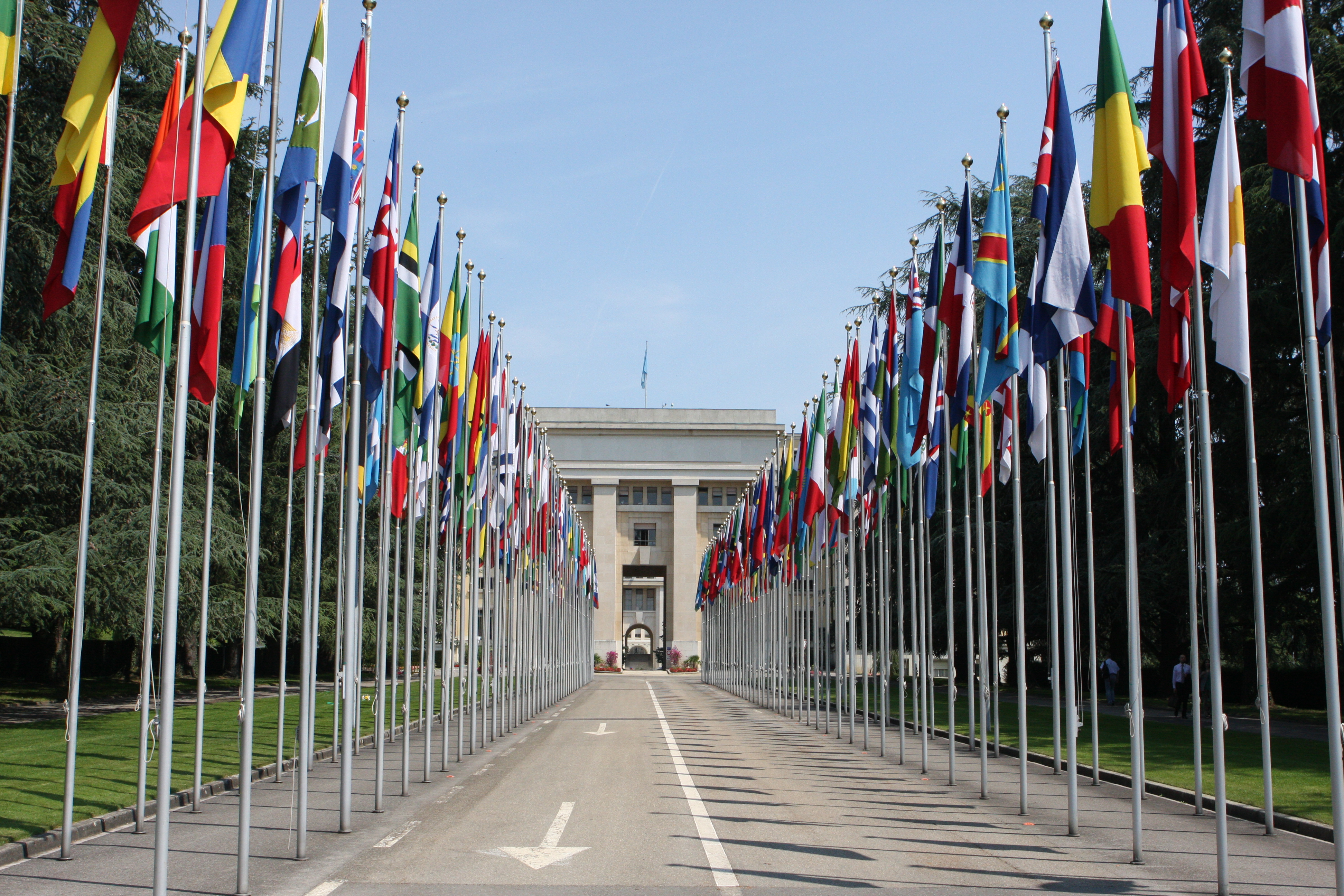By Ndidi Chukwu
Slow implementation of commitments made in 1995 by Visionary Beijing Declaration and platform for actions for countries under the United Nations on Gender Equality indicates that World leaders are yet to priorities gender equality which stales development globally.
A recent survey, an authoritative global review of progress on gender equality concludes as the world marks its 20th anniversary since the Beijing treaty was signed finds the pace of advancement unacceptably slow and an indication that gender equality may take the world another eight decades to achieve.
The report presented to member states, Monday, by UN Secretary-General Ban Ki-Moon at the 20th anniversary of the 1995 Fourth World Conference on Women in Beijing, is calling on members states to ‘step up’, for gender equality. The survey covers an unprecedented 167 countries, drawing on rich inputs from governments and civil society. Prepared for the 59th Commission on the Status of Women, it shows that despite some progress, world leaders have not done nearly enough to act on commitments made in the visionary Beijing Declaration and Platform for Action.
“The Secretary-General’s report makes this very clear: The disappointing gap between the norms and implementation of the Beijing Platform for Action points to a collective failure of leadership on progress for women,” says Under-Secretary-General and UN Women Executive Director Phumzile Mlambo-Ngcuka. “The leaders entrusted with the power to realize the promises made in Beijing have failed women and girls.”
Given the findings of the report, UN Women has also launched a new initiative “Planet 50-50 by 2030: Step It Up for Gender Equality” to galvanize government pledges for action, as part of UN Women’s wider Beijing+20 campaign. A dedicated platform www.unwomen.org/stepitup will draw global attention to all new commitments made by countries around the world.
“Today, we are calling on governments, everywhere in the world, to Step It Up,” says Ms. Mlambo-Ngcuka. “By 2030 at the latest, we want to live in a world where at least half of all parliamentarians, university students, CEOs, civil society leaders and any other category, are women. Real progress requires 50-50.”
“In 1995, 189 countries endorsed the Platform for Action, but today, no country has achieved gender equality. At the current pace, it will take 81 years to achieve gender parity in economic participation, and some 50 years to reach parity in parliamentary representation.
The report finds some areas of progress, such as an upturn in the number of countries removing discriminatory laws and adopting legislation to stop violence against women and girls. Girls are close to being half of all students in primary schools. Women’s labour force participation has risen; maternal mortality has declined by 45 per cent since 1990” said a press statement made available to Health Reporters
It said “these gains contrast with the fact that despite women’s better education, they hold some of the worse jobs, while the gender pay gap is a universal phenomenon. Violence against women and girls persists in all countries, taking many horrific forms. Women are far from equal in terms of their roles in leadership in either public or private institutions. Chronic underinvestment hobbles the pursuit of gender equality across all areas”
The report outlines some of the main factors holding back progress, including conflict, economic crises, volatile food and energy prices, fallout from climate change, and rising extremism and backlash against women’s rights. Discriminatory norms remain deeply rooted.
Key elements of change encompass transforming norms and stereotypes; transforming economies to achieve gender equality, such as through decent jobs; ensuring women’s full and equal participation in all levels of decision-making; significantly boosting investments in gender equality; and strengthening accountability for upholding women’s and girls’ rights.
“The year 2015 provides a historic moment to rapidly accelerate progress towards gender equality and women’s empowerment. In September, Heads of State and Government from every corner of the world are slated to attend a Summit where they will agree on a blueprint for development for the next 15 years” it said




